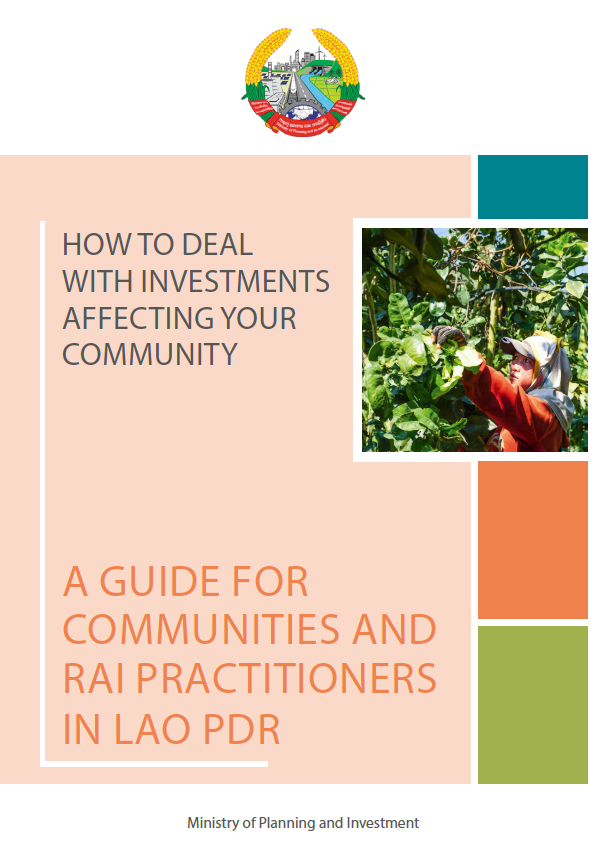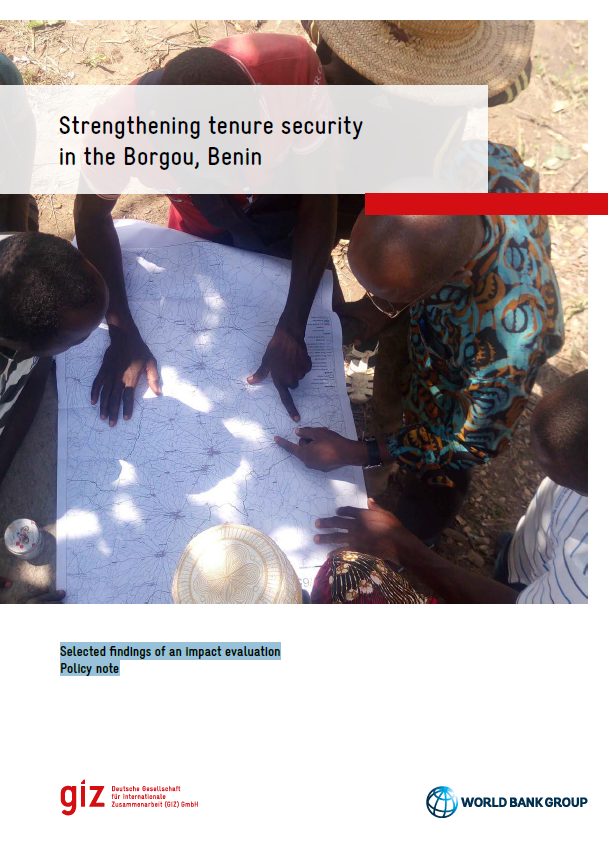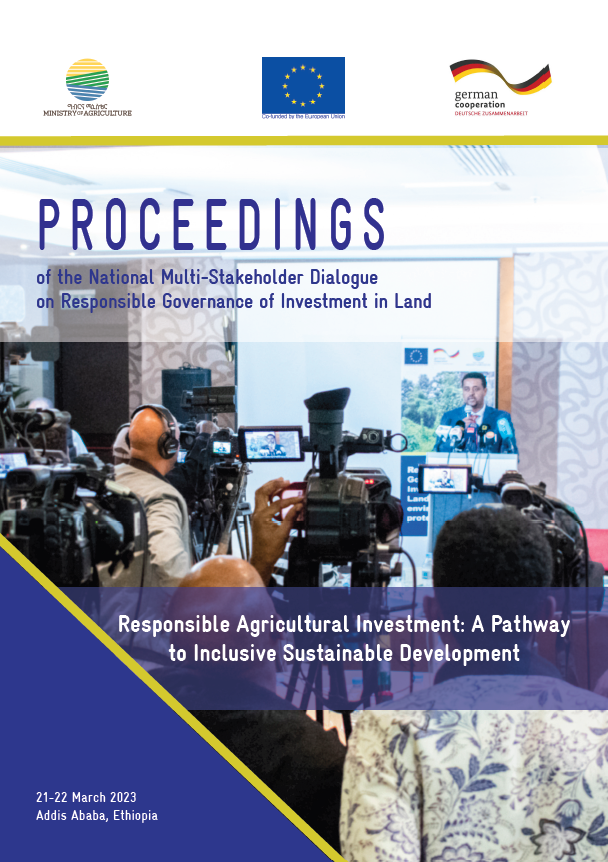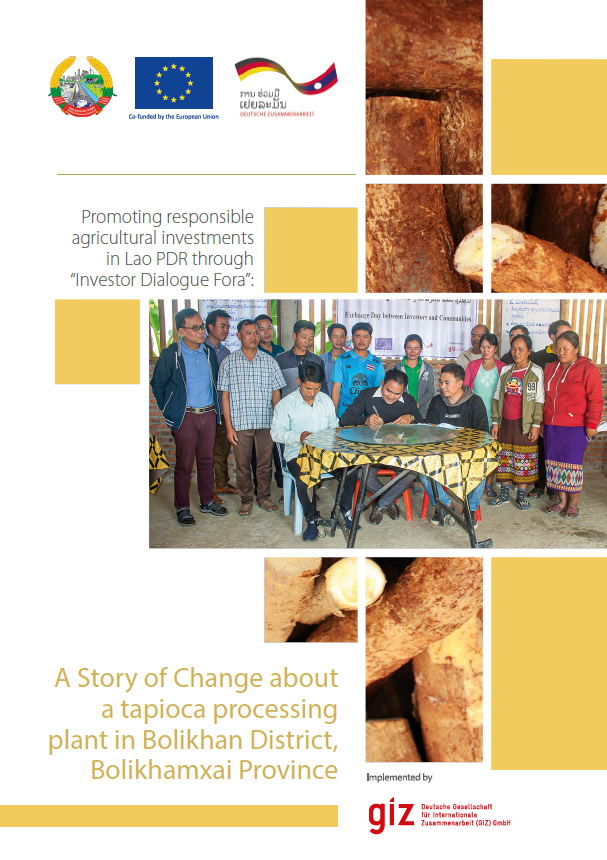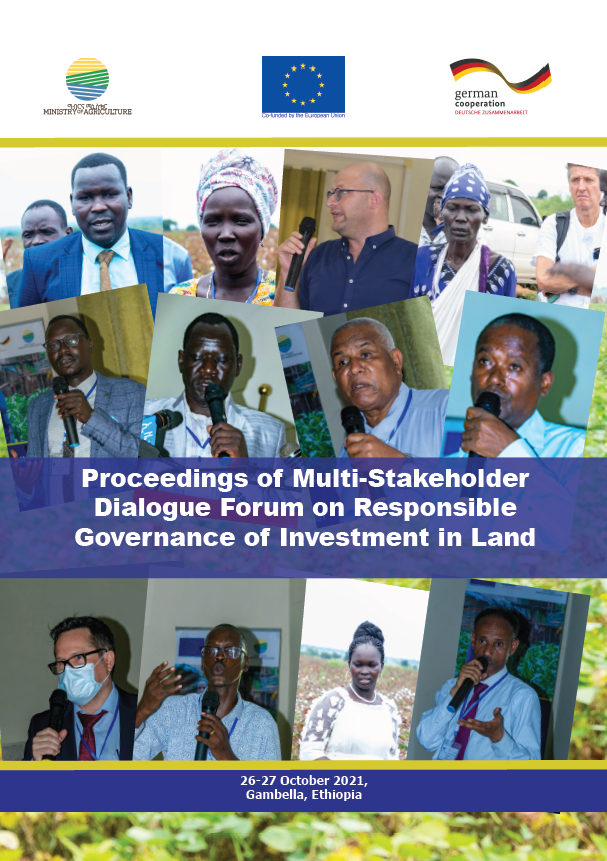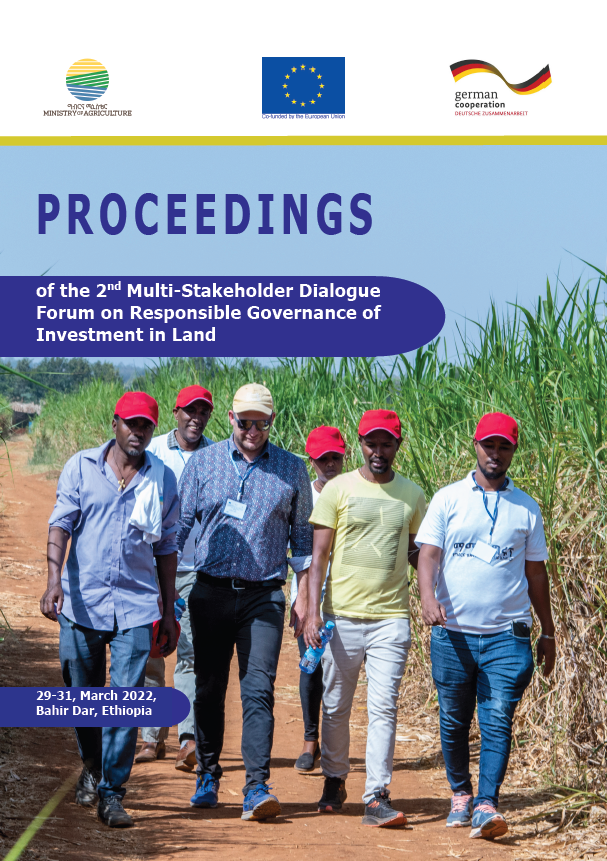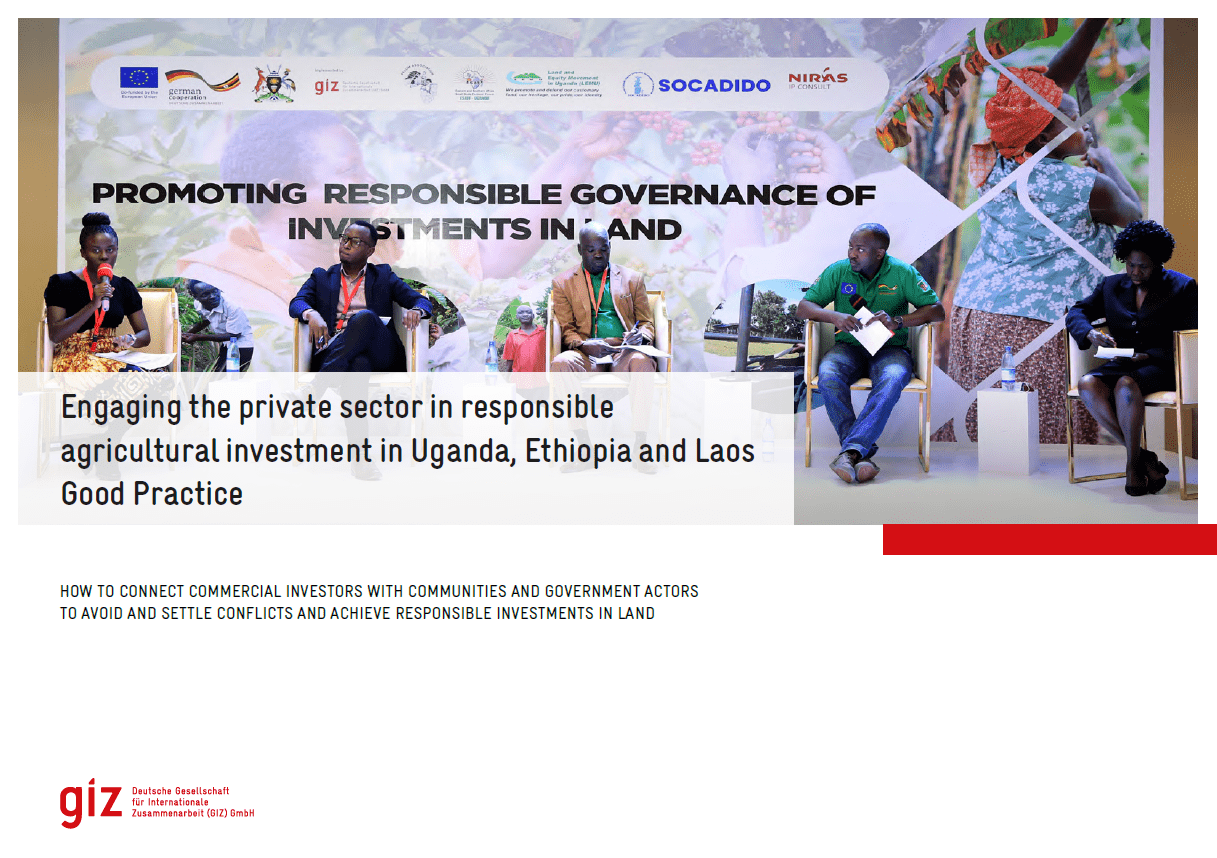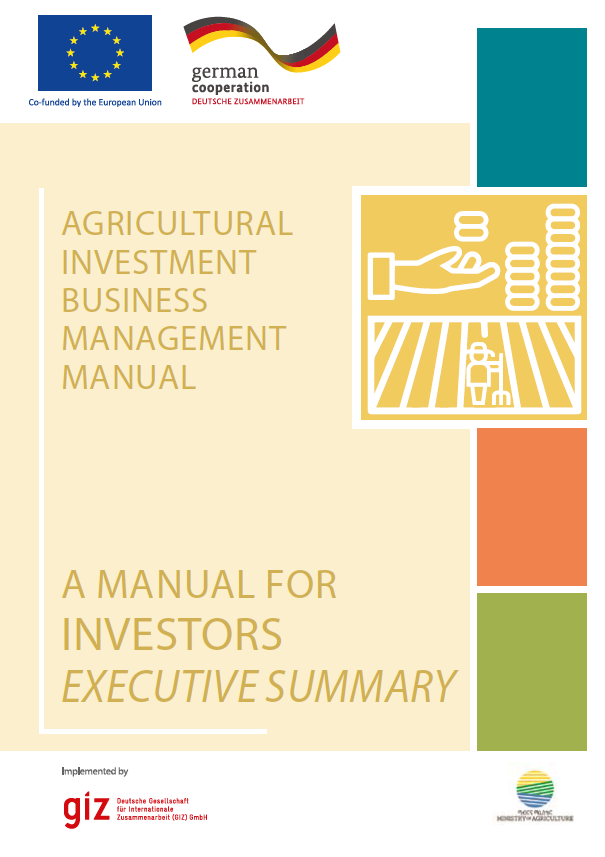
Topics and Regions
Details
Location
Contributions
Displaying 21 - 30 of 131How to Deal with Investments Affecting your Communities
This brochure is designed to help local communities who may be affected by land-based investments to prepare, know what to expect, negotiate and engage with a proposed investment in their community.
Strengthening tenure security in the Borgou, Benin
Increasing investment by smallholders in agriculture and livestock is essential for improving food security, income and resilience to climate change, but can be constrained by tenure insecurity. To help overcome the barriers faced in improving land tenure security, the Deutsche Gesellschaft für Internationale Zusammenarbeit (GIZ) German Federal Ministry for Economic Cooperation and Development (BMZ) launched the Global Project on Responsible Land Policy (GPRLP), which is testing interventions, evaluating impact and drawing lessons for scaling.
Responsible Land Policy in Cameroon
Context
Reliable access to land plays a central role in food security and poverty reduction as well as for the sustainable use of natural resources. In contrast, poorly defined land use rights encourage conflicts between different population and land user groups and prevent investment in the conservation and restoration of biodiverse landscapes.
In Cameroon, the outdated legislation in need of reform does not allow adequate and affordable recognition of land use rights. Especially in rural areas, land use is mainly governed by customary regimes which are not systematically documented or legally recognized. Traditional land management is often based on collective rather than individual ownership. Women, young people and marginalised groups are especially disadvantaged in accessing land.
Approach
The project "Responsible Land Policy" (ProPFR) in Cameroon contributes to strengthening land use rights in the Centre Region, safeguarding the livelihoods of the rural population and at the same time promoting the protection and restoration of forest-rich landscapes. It supports sustainable access to land, particularly for women, young people and marginalised groups (e.g., Mbororo pastoralists and internally displaced persons), as well as in resolving land conflicts, especially of an agropastoral nature.
The project’s systematic approach aims to improve the documentation of individual and collective tenure and land use rights to forest, agricultural as well as pasture land, and their recognition by national, regional and local as well as traditional authorities. Furthermore, civil society and private sector actors are involved and strengthened in the implementation of responsible land policies.
| Project objective
The access to land as an essential prerequisite for restoring and preserving forest landscapes and combating poverty and hunger in rural areas has improved for specific population groups, particularly women and marginalised groups, in the Centre Region of Cameroon. The project aims to
|
Proceedings of the National Multi-Stakeholder Dialogue on Responsible Governance of Investment in Land
The Ministry of Agriculture in collaboration with the Responsible Governance of Investment in Land (RGIL) project conducted national Multi-Stakeholder Dialogue (MSD) under the theme “Responsible Agricultural Investment: A Pathway to Inclusive Sustainable Development”. It was held from 21 to 22 March 2023 in Addis Ababa, at Radisson Blu Hotel. The dialogue brought together ninety-one representatives of government officials, technical experts, academia, agricultural investors, the local community, civil society organizations (CSO), consultants, and the media.
Promoting responsible agricultural investments in Lao PDR through contractual arrangements
The livelihood of a large part of the world’s population depends directly on access to land and its secure longtermuse. Land access and use have long been organized through informal or traditional tenure rights, but this is changing. In many regions, land use is being transformed by the expansion of large-scale agricultural investments, a development that was triggered by the 2007–08 food, energy, and financial crises.
Promoting responsible agricultural investments in Lao PDR through “Investor Dialogue Fora”
The livelihood of a large part of the world’s population depends directly on access to land and its secure longterm use. Land access and use have long been organized through informal or traditional tenure rights, but this is changing. In many regions, land use is being transformed by the expansion of large-scale agricultural investments, a development that was triggered by the 2007–08 food, energy, and financial crises.
Proceedings of Multi-Stakeholder Dialogue Forum on Responsible Governance of Investment in Land
This proceeding documents the process and outcome of the first Multi-Stakeholder Dialogue (MSD) Forum on Responsible Governance of Investment in Land (RGIL) aimed at ensuring investment in land in Ethiopia are productive, contribute to sustainable land management and respects the rights and needs of local populations in particular vulnerable groups and women.
Proceedings of the 2nd Multi-Stakeholder Dialogue Forum on Responsible Governance of Investment in Land
The second Multi-Stakeholders Dialogue Forum (MSD 02) was held from 29 to 31 March 2022 in Bahir Dar city, the capital of the Amhara region. The MSD Forum brought together 115 representatives of government officials, technical experts, investors, local community representatives, development partners, and the media in order to find solutions to the various challenges in the governance of largescale agricultural investments in Ethiopia. The three-days MSD meeting included presentations, group work and field visits.
Engaging the private sector in responsible agricultural investment in Uganda, Ethiopia and Laos, Good Practice
As part of the Global Programme Responsible Land Policy in Ethiopia, Laos and Uganda, the Responsible Governance of Investments in Land (RGIL) project, co-financed by the European Union (EU), aims to ensure that investments in land are fair, productive and contribute to sustainable land management. A key element of this is strong engagement of private investors in those processes.
Agricultural Investment Business Management Manual
This publication aims to provide practical guidance for investors in improving their agribusiness management skills. It is meant to be used along with the full version as well as with the RGIL “Introductory Manual on Responsible Land-based Investments” for Investors.

